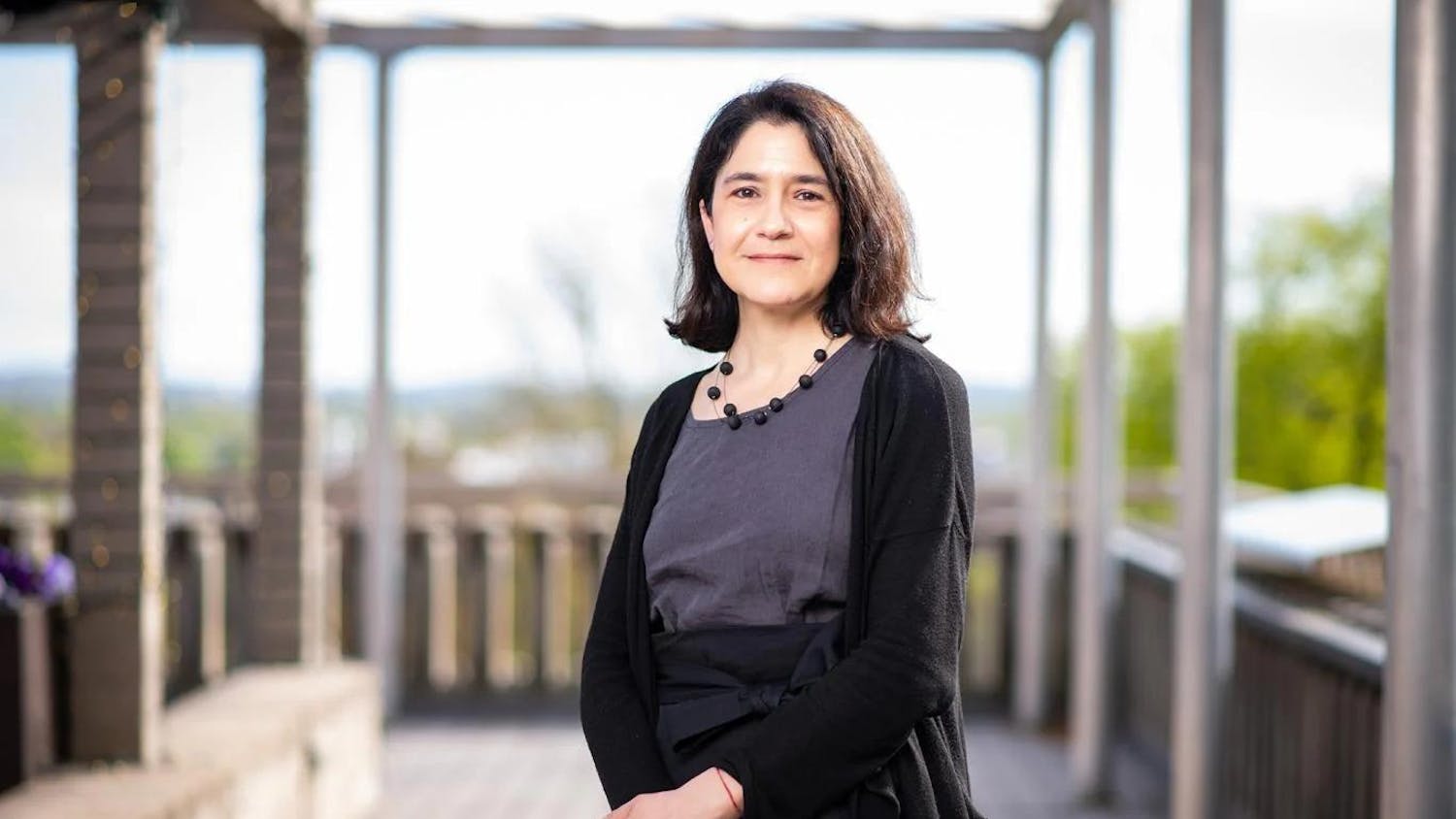Tufts students starting at midnight will vote on proposed reforms to the Tufts Community Union (TCU) Senate's community representative position that is intended to ensure adequate representation of minority's concerns on the body.
One of these proposals is Referendum 3, which grants community representatives the right to vote on all questions put before the Senate, including those concerning the disbursement of the Student Activities Fee.
Dissenting members of the Diversity Task Force that was convened to study the issue — seniors Chartise Clark, Nadia Nibbs and Carolina Ramirez — authored the Community Empowerment and Equality Model (CEE), which grants community representatives more influence and has become known as Referendum 3. In contrast, the task force's proposal, now known as Referendum 4, does not grant community representatives full voting rights.
Currently, community representatives represent minority communities on the Senate and can vote on all questions except those concerning fiscal matters. Four TCU groups — the Asian Students Union, the Association of Latin American Students, the Pan-African Alliance and the Queer Straight Alliance — currently have the right to elect community representatives.
Both proposals would shift the responsibility of selecting community representatives away from the four existing student groups and to the four culture centers — the Africana Center, the Asian American Center, the Latino Center and the LGBT Center — and other potential groups.
Senior Matthew Kincaid, who helped author CEE, said the existence of the community representative position implies that minority groups are underrepresented on the Senate.
"To then turn around and say that you only have half of a vote sends a very negative message," Kincaid said.
Under Referendum 3, the community representatives would have the right to vote on all Senate matters and the culture centers would select candidates from a pool of applicants; the student body would then choose among the final candidates in a campus-wide election.
Senior Charles Skold, who helped author Referendum 3, said a campus-wide election would legitimize the community representative position and enable its holders to vote on fiscal matters.
"There's an application process, so they'll still represent their communities," Skold said.
Skold also said the campus-wide election would give the student body a regular opportunity to consider the circumstances of minority communities on campus. "The election will open the diversity discussion to the whole campus," Skold said.
Clark felt that this electoral procedure would lend greater legitimacy to community representatives
"The main purpose is to get more representation for marginalized communities on campus and by sparking inter-community dialogue that is long-term," Clark said. "The community reps are empowered because they have a lot more responsibility, as they are elected by the entire student body."
Both referenda also create a Diversity and Community Affairs (DCA) Officer to manage diversity issues on campus.
Under Referendum 4, the DCA would be selected by a council consisting of the Senate's Culture, Ethnicity and Community Affairs Committee, the Tufts Elections Commission and the TCU president. The DCA would then enjoy full senator voting rights. Under Referendum 3, the DCA position would be filled by an elected senator selected through the Senate's in-house elections. This selection process would legitimize the DCA position, Skold said.
Kincaid said that since community representatives do not vote on fiscal matters under Referendum 4, the DCA would under that system effectively be expected to vote on behalf of the representatives.
"The idea that it's a solution to have one person speak for multiple communities as if they're all the same and have all the same voice is kind of absurd to me," Kincaid said.
Ramirez agreed that Referendum 4's system would be an oversimplification. "With the DCA [under Referendum 4], we're grouping all these groups together assuming that they all have one voice," she said.
Kincaid said that under Referendum 3, the DCA would not have to represent four different viewpoints, allowing him or her more freedom.
Junior Jon Danzig, a member of the task force, raised a commonly voiced criticism of Referendum 3, namely that granting community representatives the right to vote on fiscal matters give some students more voting power than others.
"[Referendum] 3 creates a two-tiered system in which certain students have more voting power based solely on their membership in a student group," Danzig said.





